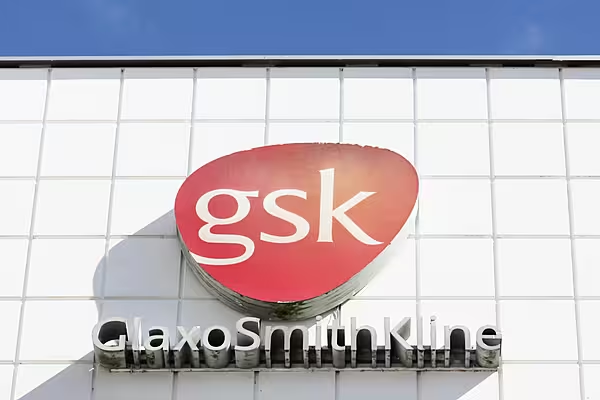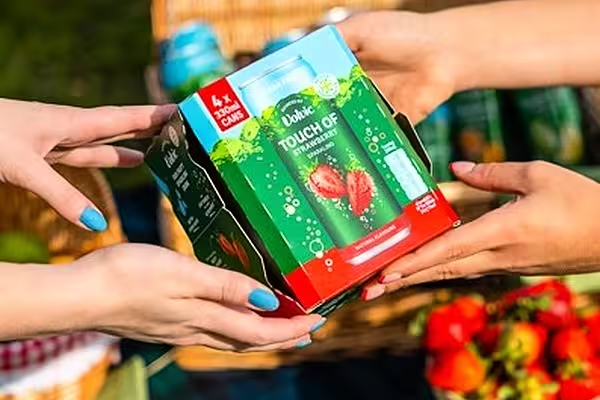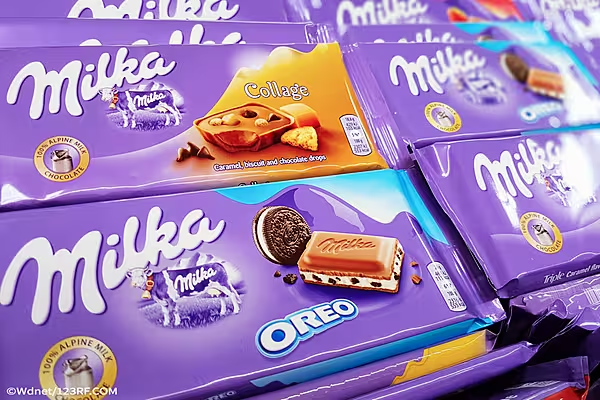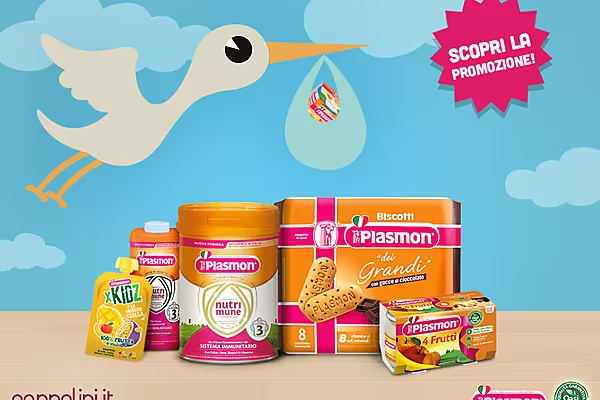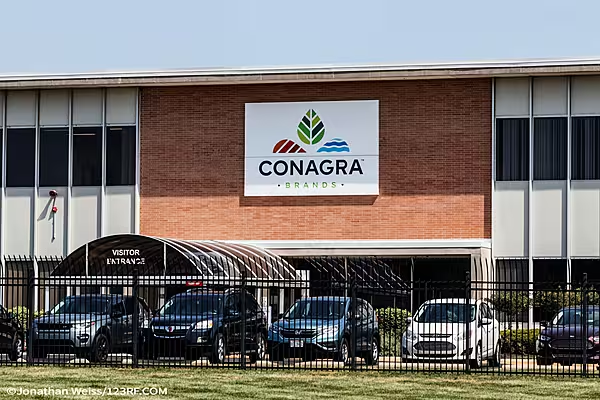GSK raised its full-year profit and sales guidance on Wednesday after its second-quarter earnings beat expectations, helped by strong sales of its shingles vaccine Shingrix and HIV medicines.
The strong results may further help revive investor confidence in CEO Emma Walmsley, coming a year after the company spun off its consumer health business, Haleon, in its most radical shake-up in 20 years.
The British drugmaker has lagged rivals in recent years, with some investors and analysts worried about the strength of its pipeline of drugs in development and costly US litigation over discontinued heartburn drug Zantac.
GSK reckons the spin-off has allowed the company to sharpen its focus on vaccines and infectious diseases and with $7 billion generated by the Haleon spin-off, it can fund deals to bolster a lacklustre drug pipeline.
The London-listed drugmaker said it now expects adjusted earnings per share growth of 14%-17% for the year, up from its earlier expectations of 12%-15%.
Sales Forecast
Sales will likely increase by 8% to 10% this year, compared with 6% to 8% previously and for adjusted operating profit to increase between 11 to 13%, up from 10% to 12%.
"We have delivered another excellent quarter of performance, with strong sales and earnings growth, notably in HIV and vaccines, and continued strengthening of the R&D pipeline and product portfolio," Walmsley said in a statement.
The company also reported an adjusted profit of 38.8 pence per share for the quarter, on sales of about £7.18 billion.
Analysts were expecting a profit of 34.7 pence per share on sales of about £6.77 billion, according to company-compiled consensus estimates.
Sales of Shingrix, the company's top-selling drug, generated 880 million pounds, beating analyst estimates of £872 million.
Sales of HIV treatments generated £1.58 billion in the quarter, ahead of the company-compiled consensus of about £1.5 billion in the quarter.
New Vaccine Launch
The results come ahead of the much-anticipated U.S. launch in the autumn of the company's inoculation against respiratory syncytial virus (RSV), which GSK hopes will be its next blockbuster drug.
It was approved by U.S. drug regulators last month.
RSV is a leading cause of pneumonia in toddlers and the elderly, causing thousands of hospitalisations and deaths each year.
GSK shareholder Markus Manns, senior portfolio manager at Union Investment, said the new guidance was expected after a strong first quarter.
He said he hoped to hear on an investor call later on Wednesday more on the company's preparations for the RSV vaccine debut.
The results highlighted the strength of GSK's underlying business driven by HIV and vaccines, Dani Saurymper, a portfolio manager at Pacific Asset Management, and a GSK shareholder, said.
But without an update on the Zantac litigation or change in pipeline outlook, the shares may continue to lag peers, he said.
Read More: New GSK Shines Brighter With Another Forecast Upgrade
News by Reuters, edited by Donna Ahern, Checkout. For more A-brand news, click here. Click subscribe to sign up for the Checkout print edition.
